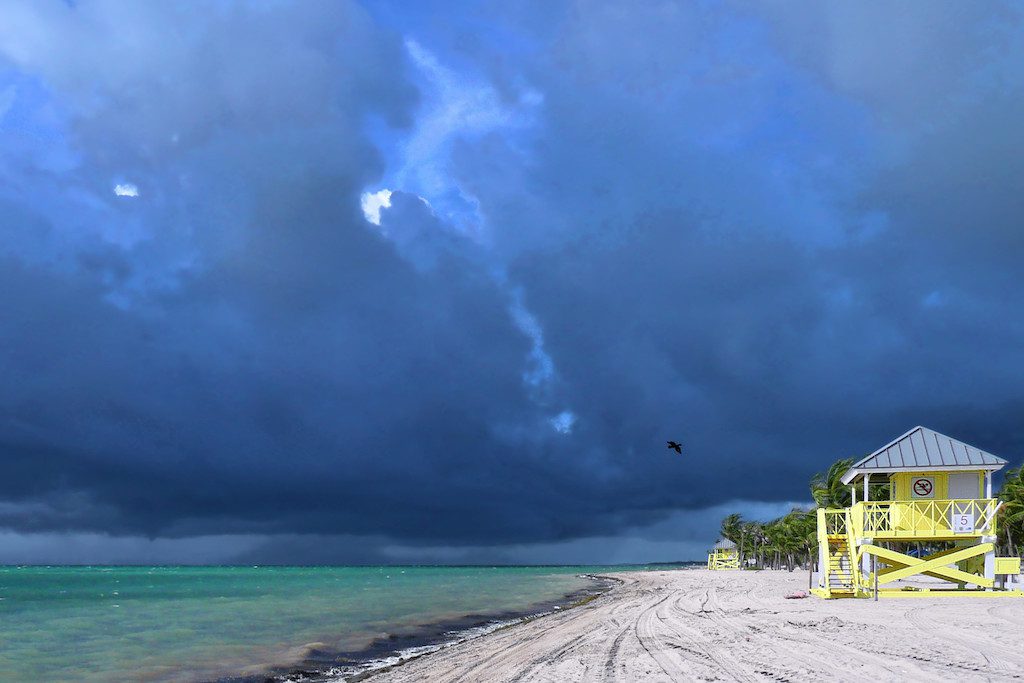Why Is Visit Florida Still Fighting for Its Survival?

Skift Take
Destination marketer Visit Florida could find itself on the chopping block — again. Its perilous future is a symptom of what some call the "weaponization of travel" in political funding battles.
Another legislative session on the horizon means another funding battle for the beleaguered destination marketer Visit Florida.
Visit Florida's CEO Dana Young appealed to members of the state's Senate Commerce and Tourism Committee on Oct. 15 to be aware of the risks of lowering or eliminating the state's tourism funding, especially with a potential economic downturn on the horizon.
She cited a September report from the Florida Office of Economic and Demographic Research that noted that "tourism-related revenue losses pose the greatest potential risk to the economic outlook" of Florida. Young also emphasized the conclusion drawn by the state legislature's chief economist in the report, saying "the tourism sector is over-performing and effectively propping up the weaker areas on Florida economy."
Nevertheless, Visit Florida has been in survival mode since 2017, when it came under fire for bloated contracts with celebrities and other self-inflicted missteps. Dana Young took over as CEO in January of this year, and in April, state lawmakers approved a $50 million dollar budget — down from a previous $76 million. However, that stopgap fund
